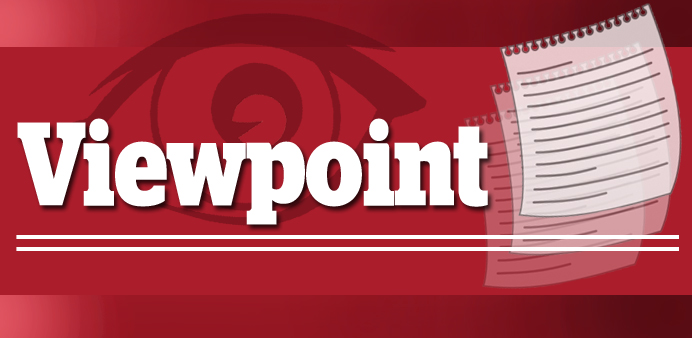On the day that Germany was reunified 25 years ago, the chancellor, Helmut Kohl, sent out a message to the entire world to the effect that “only peace will go out from German soil in the future”.
“We know that through unification we have taken on greater responsibility within the international community as a whole,” said Kohl’s letter of October 3, 1990, sent to all the countries that Germany had diplomatic links with.
While today’s 25th anniversary of unification is passing largely unnoticed, the focus around the world is on Germany’s role in the Greek debt crisis, the Ukraine conflict and now the wave of refugees entering Europe.
As Europe’s biggest economy and now its leading political power, Germany has a dominant role in the European Union.
Germany’s political actors are another reason. Angela Merkel, after 10 years in office as chancellor, is widely seen as Europe’s most powerful woman. Forbes magazine voted her the most powerful woman in the world.
And after his many years as foreign minister, Frank-Walter Steinmeier is also well connected.
While accepting that Germany has to accept greater responsibility, Berlin is nevertheless cautious on the question of whether it is the capital of a regional power, a major power or a world power.
At the moment, however, many now look to Germany for leadership. The sense of mistrust that characterised the past has declined, despite Nazi comparisons in the Greek crisis.
Germany has taken up much of the space in Europe that the United States has vacated in its pivot to the Asian-Pacific region. The fact that little is currently being said about a German seat on the Security Council can largely be attributed to the inability of the United Nations to reform itself. During the nuclear talks with Iran, Germany sat at the table alongside the five permanent members of the Security Council.
But the refugee crisis reveals the problems Germany faces as a result of its increased responsibility. Also at stake is how to counter the centrifugal forces threatening to tear the EU apart.
Things have become more uncertain. Whereas in the past it was clear where support and opposition respectively would come from, this now depends strongly on the issue at stake.
As Berlin takes on more important roles internationally it will have to get used to being seen as saviour on one hand and scapegoat on the other.
Next year Germany takes over chairing the Organisation for Security and Co-operation in Europe (OSCE), which is at the centre again as a result of the conflict in Ukraine. And in 2017 it holds the presidency of the G20 group of major economies.
There will be plenty of opportunity for German leaders to think about their self-image.

